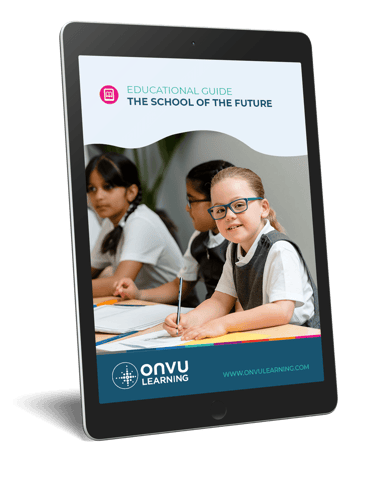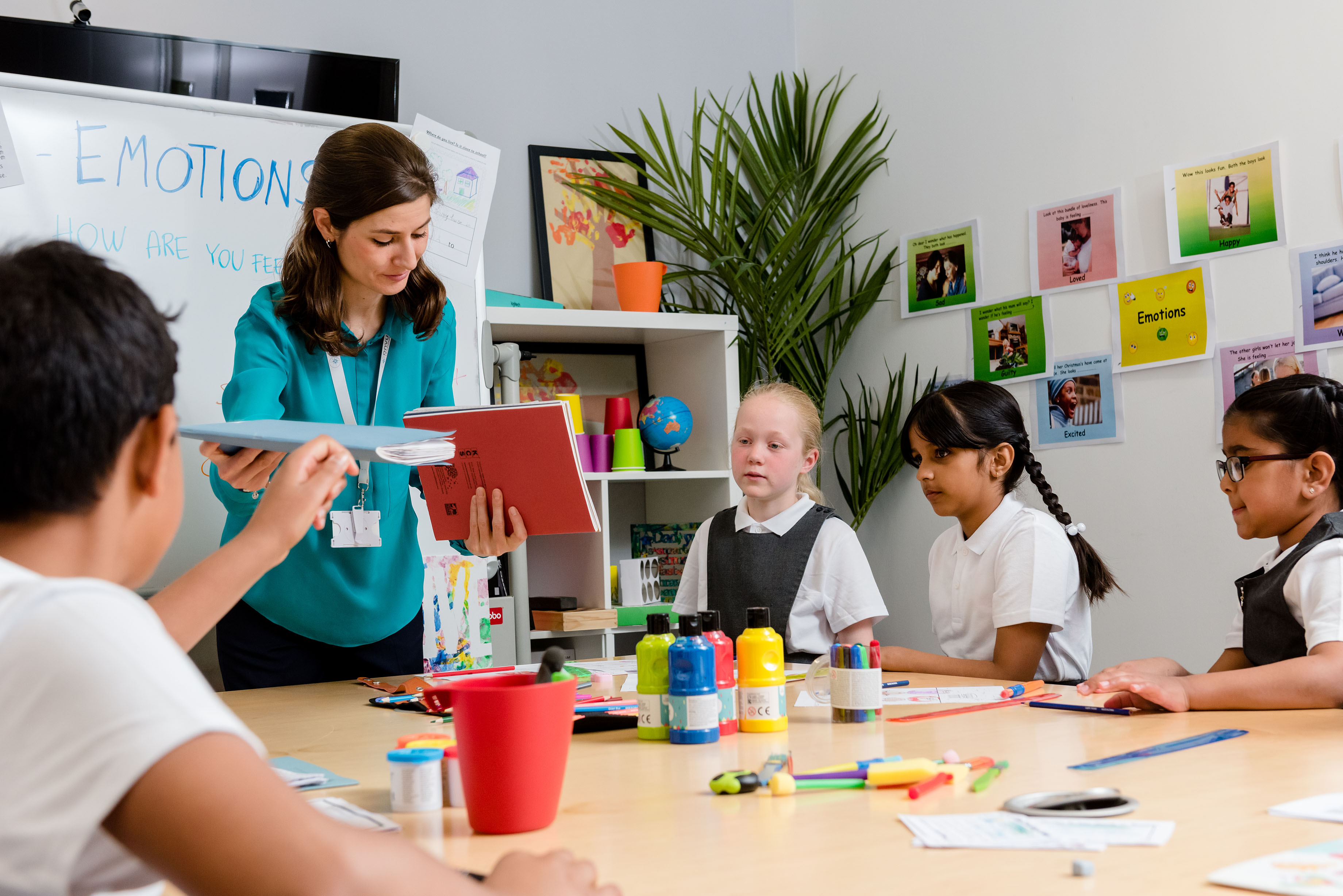- 2 Minute Read


Most teachers know the feeling. It’s time for the annual or termly lesson observation and you’re worried about what to do. Is it time to produce a ‘show lesson’ with more differentiation, more excitement, and more assessment (or whatever you think the observer will want to see)?
In some cases, this is taken to an extreme – many teachers claim to have worked with a teacher who bends their teaching schedule to ensure that their ‘best’ lesson, perfected over the years, is rolled out at just the right time, for example. James, a Postgraduate Certificate in Education (PGCE) student we interviewed when researching this issue, used the word ‘elaborate’ to describe the extra work he put in when he knew he was being observed.
But stress and increased workload are just two of the problems with these ‘traditional’ lesson observations – another is that there’s no real link with teacher development. The teacher sees the lesson as a hurdle to jump over before they can relax and go back to their usual teaching. If the observation goes well, they might even assume there is no need for development – despite the fact that as Professor Dylan William said, “every teacher needs to improve, not because they are not good enough, but because they can be even better”. When lessons go ‘badly’ a typical response is for the school to respond by asking for more observations to tick the missing boxes – which increases workload and stress further!
The impact on the teacher is bad enough, but this type of observation can also have negative impacts on the school. These include...
This is a key area that we’ve been working on with our partner schools at ONVU Learning. We want teachers to be confident using our discreet 360-degree video cameras to share their real lessons, ‘warts and all’. This means they can share the ‘good bits’ where they made a difference with a previously challenging student. But they can also ask for help when they felt an explanation didn’t work. And they can compare parallel classes or watch colleagues teaching the same students and work out which strategies help learning.
As well as leading to real teacher development (and for those thinking about the new OFSTED framework in England, this goes to the heart of the ‘implementation’ focus), this also re-engages teachers in their teaching.
Zara Sahota, Head of Maths at Aston University Engineering Academy in the UK, used ONVU Learning and external coaching with Y11 classes. She used different techniques with parallel classes and was able to see what worked – something that would be impossible if she was just looking to impress an observer. Read her story here.
Would you like your teachers to feel this way about observation? If so, a great place to start would be our Lesson Observation guide.

The School of the Future Guide is aimed at helping school leaders and teachers make informed choices when designing the learning environments of the future using existing and upcoming technologies, as they seek to prepare children for the rest of the 21st century – the result is a more efficient and competitive school.
KEEP IN TOUCH WITH ONVU LEARNING AND RECEIVE THE LATEST NEWS ON EDTECH, LESSON OBSERVATION, AND TEACHER TRAINING AND DEVELOPMENT.